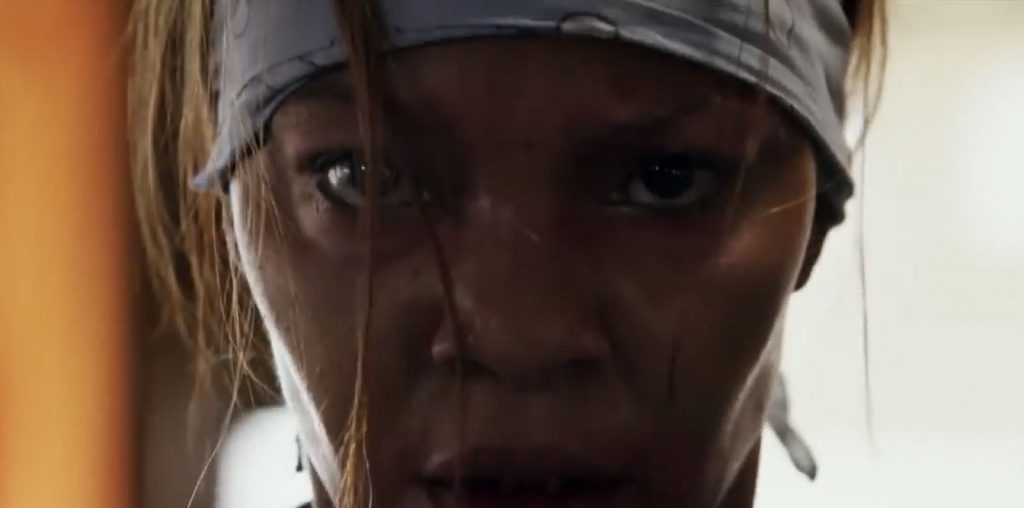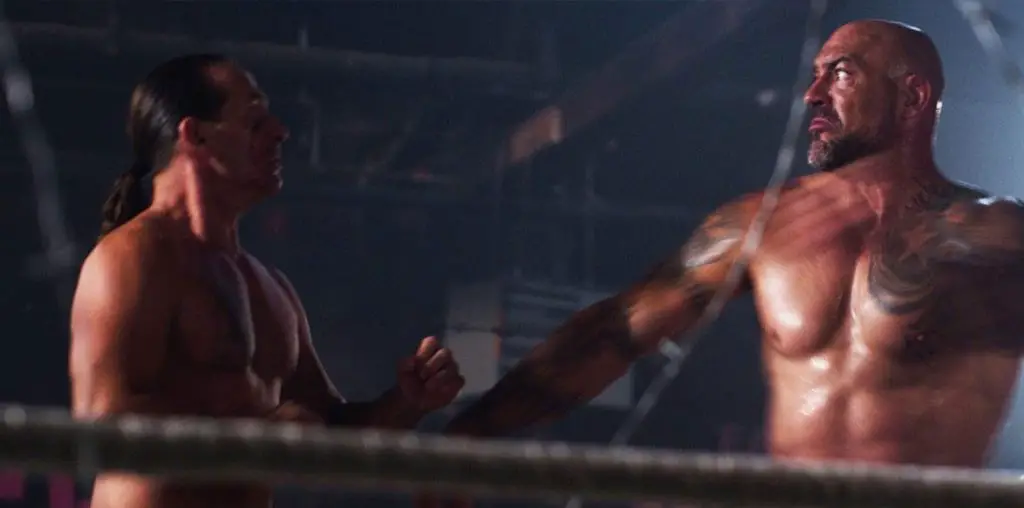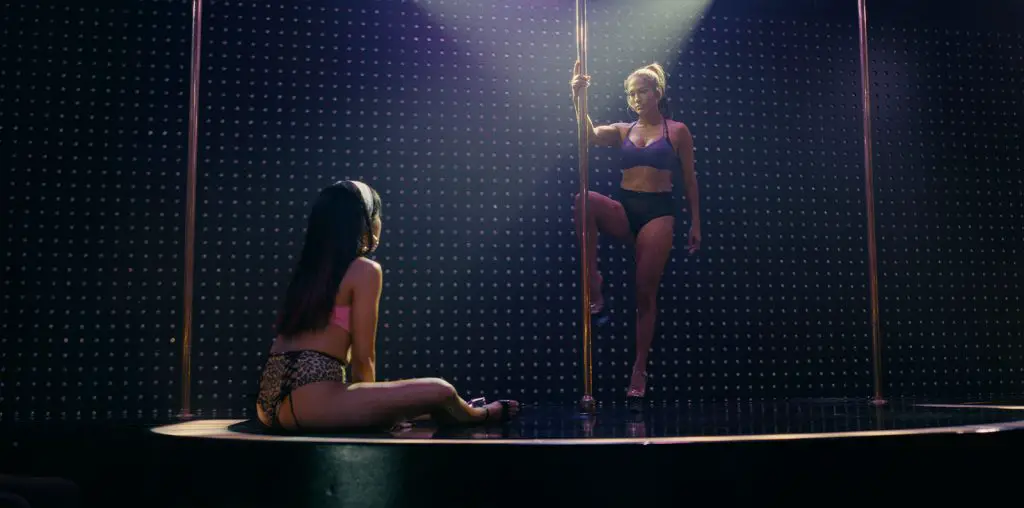
Chick Fight tells the story of Anna (Malin Ackerman) and her best friend, Charleen (Dulcé Sloan), working toward a better life. Anna is a down-on-her-luck, middle-aged woman who is in desperate need of a change. Her car has been repossessed, her house burned to the ground, and her current employment situation is in question. When Charleen introduces Anna to an underground, all-female fight club, the two begin to see the silver lining that exists in Anna’s life. They decide that Anna will join the fight club and hopefully win money. However, the fight club, and specifically rival Olivia (Bella Throne), proves to be a difficult obstacle to overcome, testing every fiber of Anna’s being.
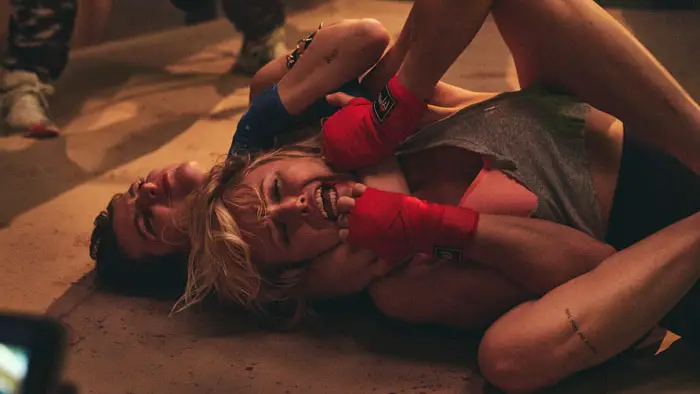
“…Anna will join the fight club and hopefully win money.”
David Fincher’s Fight Club has been an inspiration for many. It set a precedent that many other writers and directors have attempted to live up to. As acclaimed as it is, Fincher’s film failed to give any women a substantial role in the insanity taking place. In the over two decades since several filmmakers have attempted to break the mold of the fight club genre by creating an underground world where women partake in illegal fights. Director Paul Leyden aims to present each of the women involved in Chick Fight in a positive and empowering way, even the antagonists.
As the film progresses, each character makes great strides toward identifying the greatest strengths of women and mending the fractured stereotypes that surround them. While they exude charm and soft-heartedness, as the film moves forward, they also project confidence, tenacity, strength (both physical and mental), and pride in a way atypical of this genre of film. These aspects make Chick Fight an inspiration and worth watching at least once. But the film, for good and bad, is more than just the story and the message it conveys to and for women.
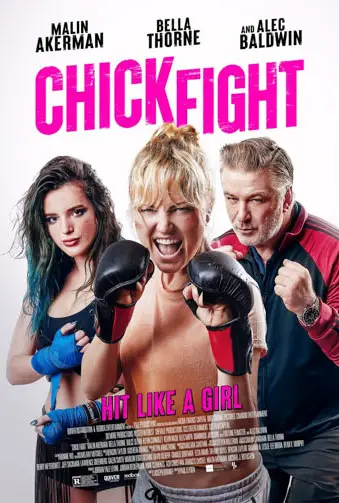
"…sometimes failing is exactly what we need in order to find success in the long run..."
